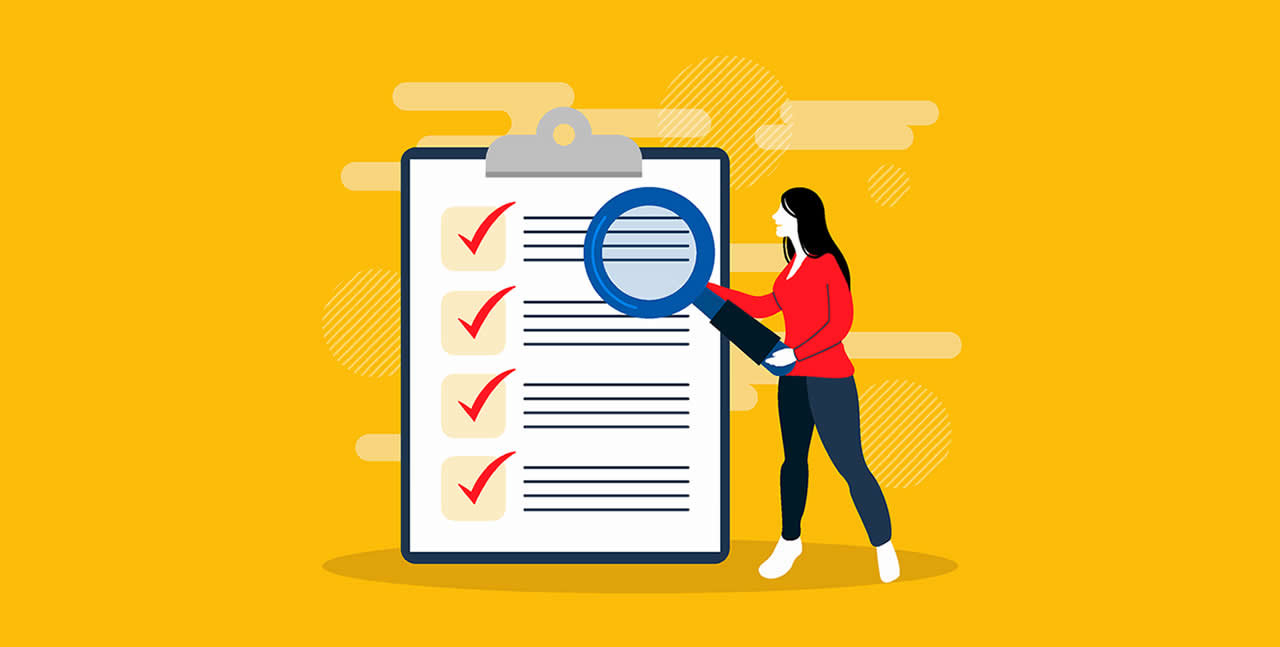Do you really need to do background checks?
Yes. To protect your company from risk, a background check is an important and necessary step before making a hire.
Most of the time, companies assume that applicants are telling the truth on their resumes. And most of the time, they are. The background check is that final step to help you make a good hiring decision and protect the employer from several potential risks.
Why should you do a background check?
A background check is a complete review to verify that an applicant is who they claim to be. It provides an opportunity for you to check an applicant’s criminal record, education, employment history, credit history, driving record… – helping you make good hiring decisions and protecting your company from risk.
Job Competence
At its basic level, a background check helps you determine if information provided is true and accurate. It provides an opportunity to check an applicant’s criminal record, education, employment history, credit history, driving record, and more. For you, a background check is a reliable way to verify educational and work history claims made during the hiring process.
You want to make sure that applicants aren’t:
- Overstating educational qualifications
- Enhancing job histories
- Fabricating job skills
Workplace Safety
There is a chance that you or a hiring manager will interview applicants that are dangerous. Employers have safety and welfare responsibilities for their workers, customers, vendors, and visitors.
One of the main reasons to do background checks is to flag any previous criminal history to ensure workplace safety. Sometimes, an applicant’s criminal check shows minor charges, not related to hire-ability. Other times, that history will show a violent offender where you can’t take a hiring risk – it will compromise your workplace safety.
Just because an applicant has a criminal history, does not mean they are not suitable for hiring. But there may be jobs that aren’t appropriate. For example, a job seeking a financial officer is probably not suitable for an applicant whose criminal history details embezzlement. But could be suitable for a different position not involving money.
To know whether the applicant is suitable for hiring or not, you must do a criminal history background check.
Workplace Liability
Imagine you hire a person to drive a company car to make deliveries without doing a background check.
One day, this employee gets into a major accident while driving under the influence (DUI) of alcohol. Turns out the driver has three past DUIs. There’s a chance a claim could be made against your employer because a background check wasn’t done.
Certain kinds of information are only be found with a background check.
It is important that information is gathered for job-related purposes. Before starting a background check, evaluate the purpose of it.
Background checks provide opportunities to check an applicant’s criminal record, education, employment history, credit history, driving record — but you don’t need all types of checks for all positions. For example, you don’t need to check an applicant’s driving record if the job doesn’t involve driving.
Be consistent. Remember that checks that are part of the hiring process based on ability and not private information provide protection for you and your employer.
The Bottom Line
Background checks are the final step – helping you make good hiring decisions. They help secure workspaces, safeguard employees, and make smart hiring decisions.
Disclaimer
This article shouldn’t be construed as legal advice. If you have detailed questions, they should be addressed directly with your labor and employment attorney.

